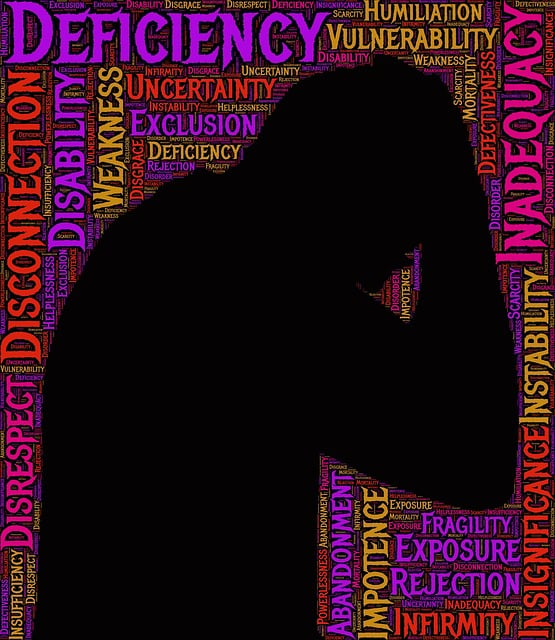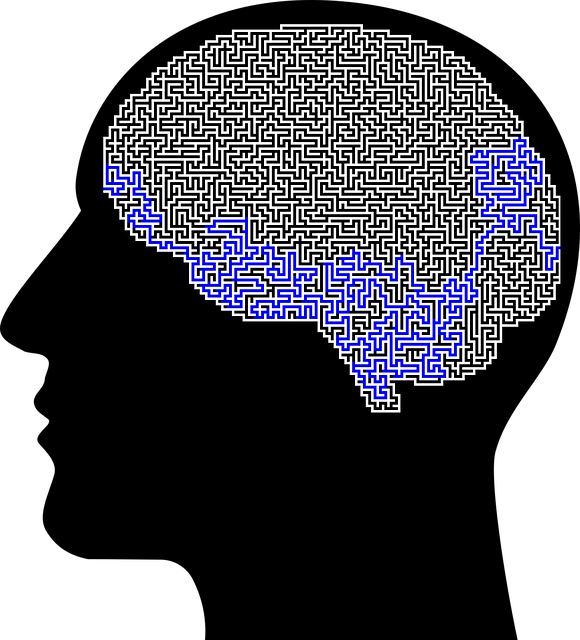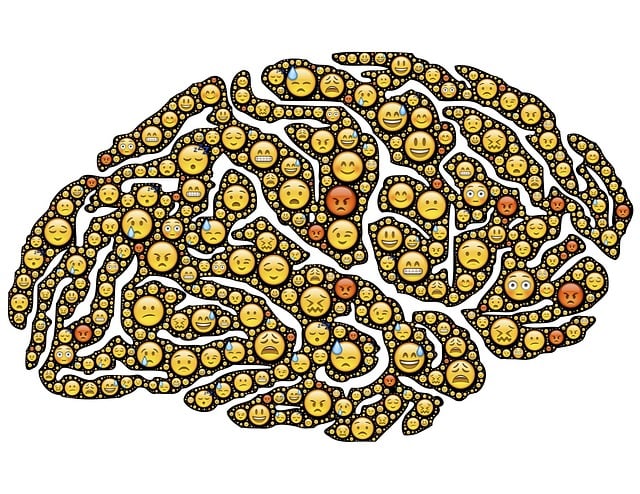Crafting an effective marketing strategy for a mental wellness app focused on eating disorders requires deep understanding of the target audience, integrating policy analysis, advocacy, and targeted communication. Key demographics include young adults aged 18-35, both female and male, facing body image issues, low self-esteem, and stress. Marketing should emphasize early intervention, digital therapy benefits, emotional well-being promotion, and stress management. Accessible tools for conflict resolution and inner strength development are crucial. A comprehensive approach including risk assessment ensures a safe therapeutic environment catering to immediate and long-term recovery goals, setting apart apps like Superior Eating Disorders Therapy. Tailoring messaging to specific needs and highlighting holistic solutions attracts diverse users seeking understanding and effective support.
“In the realm of mental wellness apps, effectively targeting and assisting individuals struggling with eating disorders is paramount. This comprehensive guide delves into crafting a robust marketing strategy for a superior Eating Disorders Therapy app. By understanding your audience—identifying demographics, psychographics, and triggers—you can tailor messaging to address specific needs. A competitive analysis reveals gaps in the market, guiding unique feature development. Compelling content marketing educates and engages users while SEO best practices ensure discoverability. Effective distribution strategies, including ASO, social media, and influencer partnerships, expand reach, fostering a supportive community for meaningful recovery.”
- Understanding Your Target Audience: Eating Disorders and Mental Health
- – Identify the demographics and psychographics of individuals struggling with eating disorders.
- – Explore common triggers and challenges faced by this population.
- – Tailor marketing messaging to address specific needs and concerns.
Understanding Your Target Audience: Eating Disorders and Mental Health

Understanding your target audience is a crucial step in developing an effective marketing strategy for mental wellness apps, especially when addressing sensitive issues like eating disorders. Many individuals struggling with eating disorders often face stigma and may be reluctant to seek help. They require tailored support that addresses their unique challenges and preferences. Therefore, creating content and campaigns that resonate with this demographic is essential.
Mental health policy analysis and advocacy play a vital role in shaping public perception and accessibility to treatment. Effective communication strategies can break down barriers and encourage open conversations about eating disorders. By combining these approaches with an understanding of the target audience’s needs, marketing efforts for superior eating disorders therapy can be more impactful. This includes utilizing digital platforms to share inspiring stories of recovery while emphasizing the importance of professional support.
– Identify the demographics and psychographics of individuals struggling with eating disorders.

Understanding the target audience is a crucial step in developing an effective marketing strategy for mental wellness apps, especially those focusing on eating disorders. Research indicates that individuals struggling with eating disorders often fall into specific demographic and psychographic categories. Typically, this includes young adults, particularly females, between the ages of 18 and 35. However, it’s important to note that eating disorders do not discriminate based on gender or age; men and older individuals also face these challenges. Psychographically, these individuals may have a distorted body image, low self-esteem, and a tendency towards perfectionism. They often battle anxiety, depression, and stress, which can contribute to the development or exacerbation of eating disorders.
Marketing strategies for apps offering Superior Eating Disorders Therapy should focus on creating awareness and emphasizing the benefits of early intervention. By employing effective Emotional Well-being Promotion Techniques and Stress Management strategies, these apps can appeal to their target audience. For instance, using social media platforms to share relatable content, success stories, and tips for maintaining a healthy relationship with food and one’s body can resonate well with this demographic. Additionally, highlighting the discretion and accessibility of digital therapy options might attract individuals who feel uncomfortable seeking traditional face-to-face treatment or have busy schedules, thereby improving their mental health outcomes.
– Explore common triggers and challenges faced by this population.

Many individuals struggling with mental wellness issues, such as eating disorders, face unique challenges in their journey to recovery. It’s essential to understand that triggers can be diverse and complex, often stemming from societal pressures, personal experiences, or underlying emotional conflicts. For instance, those dealing with eating disorders may experience distress triggered by media portrayals of body image, past traumatic events, or even the pressure to conform to certain social norms.
Marketing a mental wellness app for eating disorder therapy should consider these triggers and challenges. By offering accessible tools that provide support in conflict resolution techniques and foster inner strength development, the app can cater to this population’s specific needs. A comprehensive approach that incorporates risk assessment for mental health professionals ensures a safe and effective therapeutic environment, addressing both immediate concerns and long-term recovery goals.
– Tailor marketing messaging to address specific needs and concerns.

Marketing a mental wellness app, especially one focused on eating disorders therapy, requires a nuanced approach that resonates with diverse audiences. By tailoring marketing messaging to address specific needs and concerns, your app can connect deeply with users seeking support for their struggles. Highlighting the app’s ability to provide accessible and personalized Superior Eating Disorders Therapy can be a powerful differentiator in an overcrowded market.
Integrate Public Awareness Campaigns Development strategies to educate the public about eating disorders, fostering a culture of understanding and empathy. Emphasize features that promote Inner Strength Development and self-care practices, as these are crucial components for long-term recovery. Additionally, stress management tools within the app can appeal to users looking for holistic solutions to balance their mental health alongside their daily lives.
In developing a marketing strategy for mental wellness apps, particularly focusing on eating disorders, understanding your target audience is key. By identifying the unique demographics and psychographics of individuals struggling with eating disorders, you can create tailored messaging that resonates with their specific needs and concerns. Leveraging SEO keywords like “Superior Eating Disorders Therapy” in your content ensures visibility among those actively seeking support. Ultimately, a comprehensive approach that acknowledges triggers, challenges, and offers relevant solutions will not only attract but also engage and assist those most in need.














